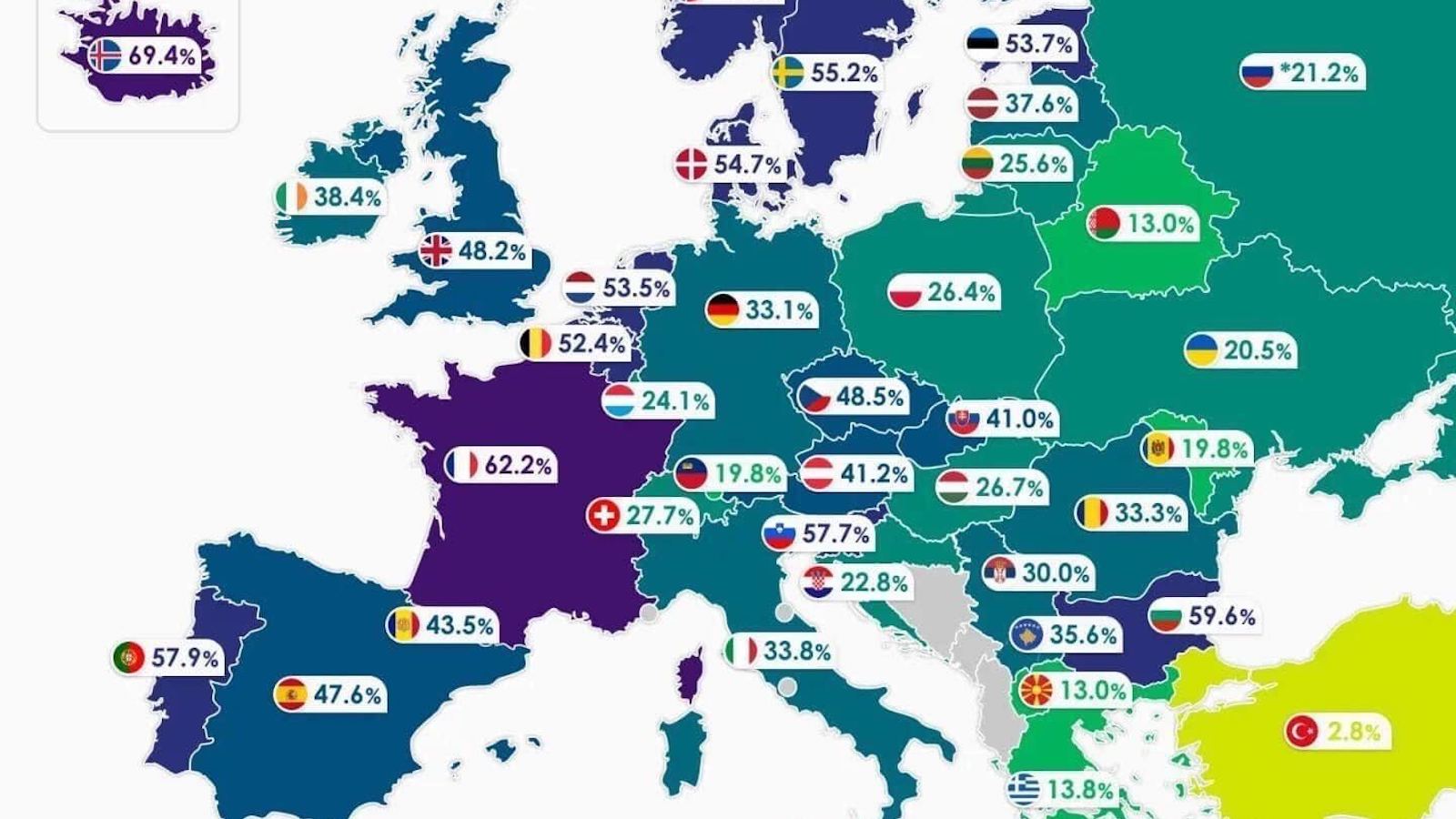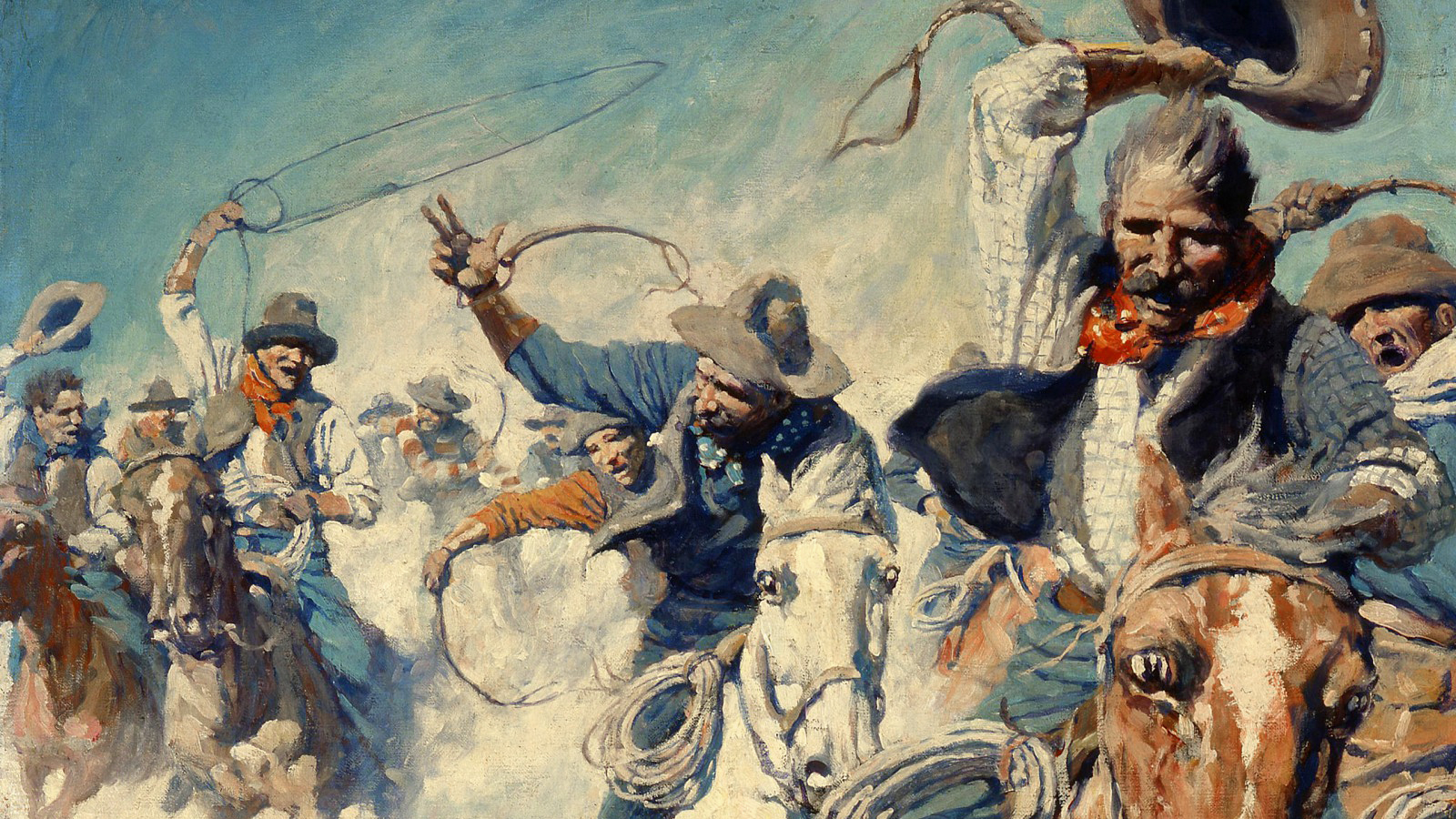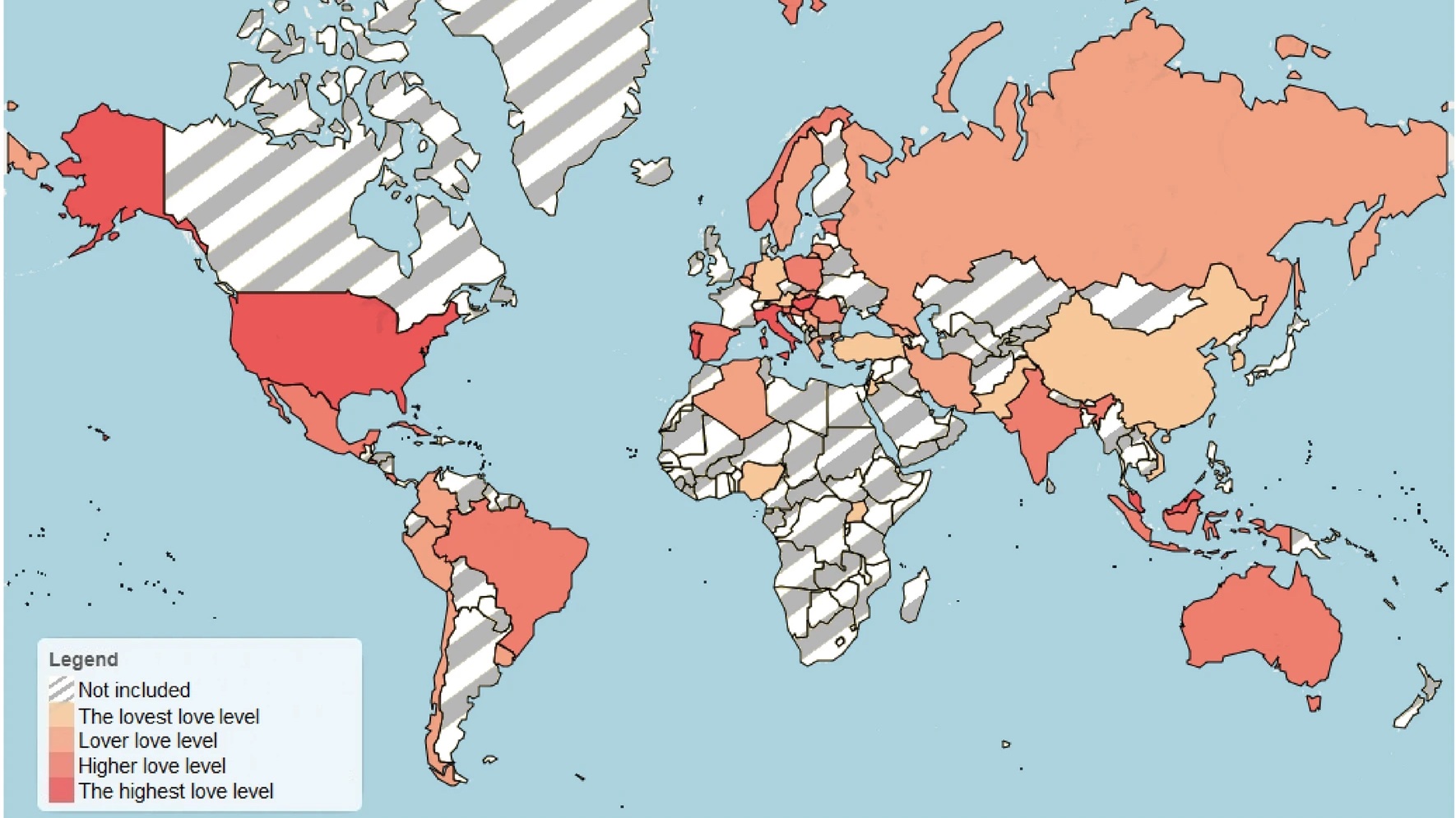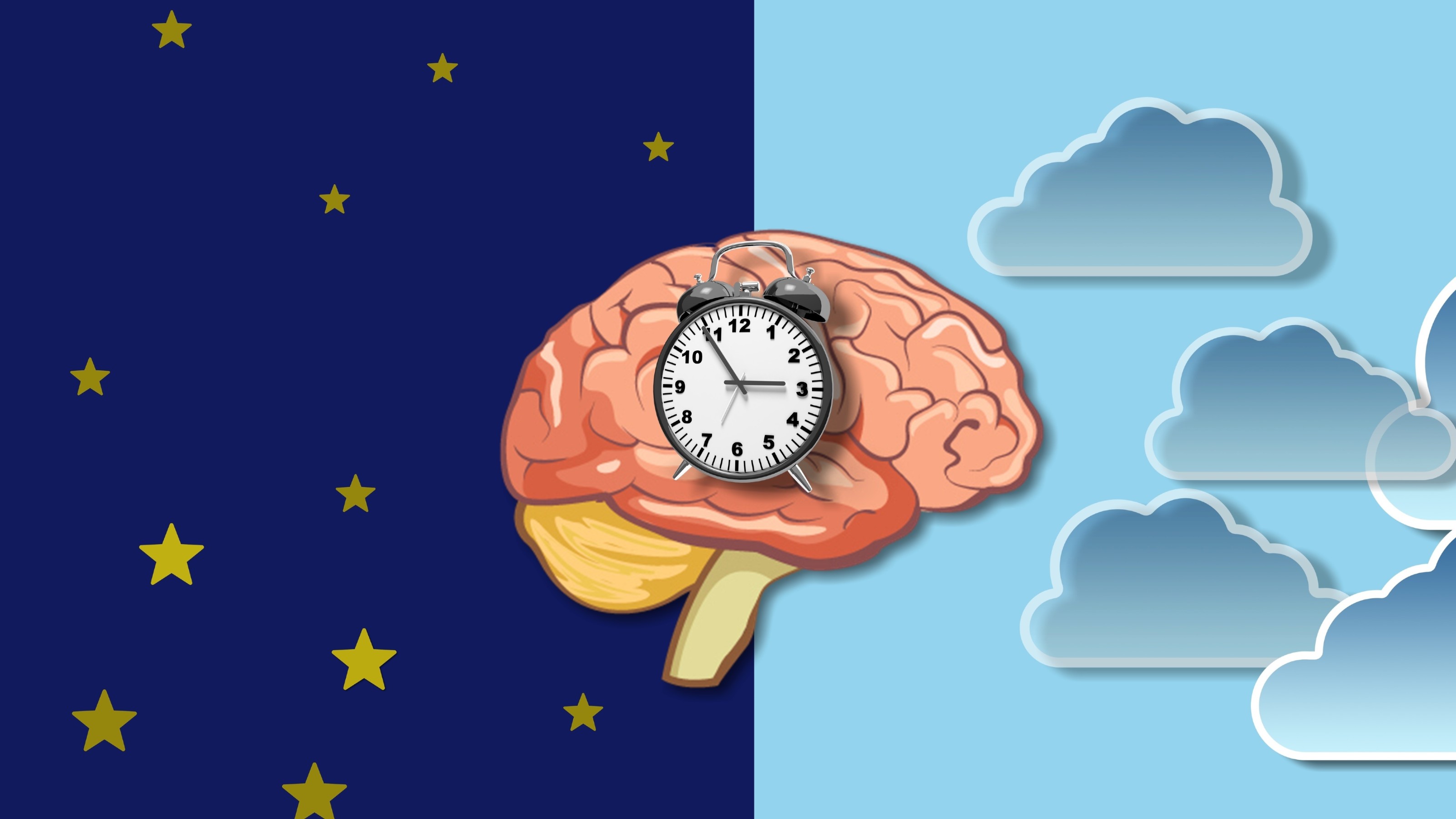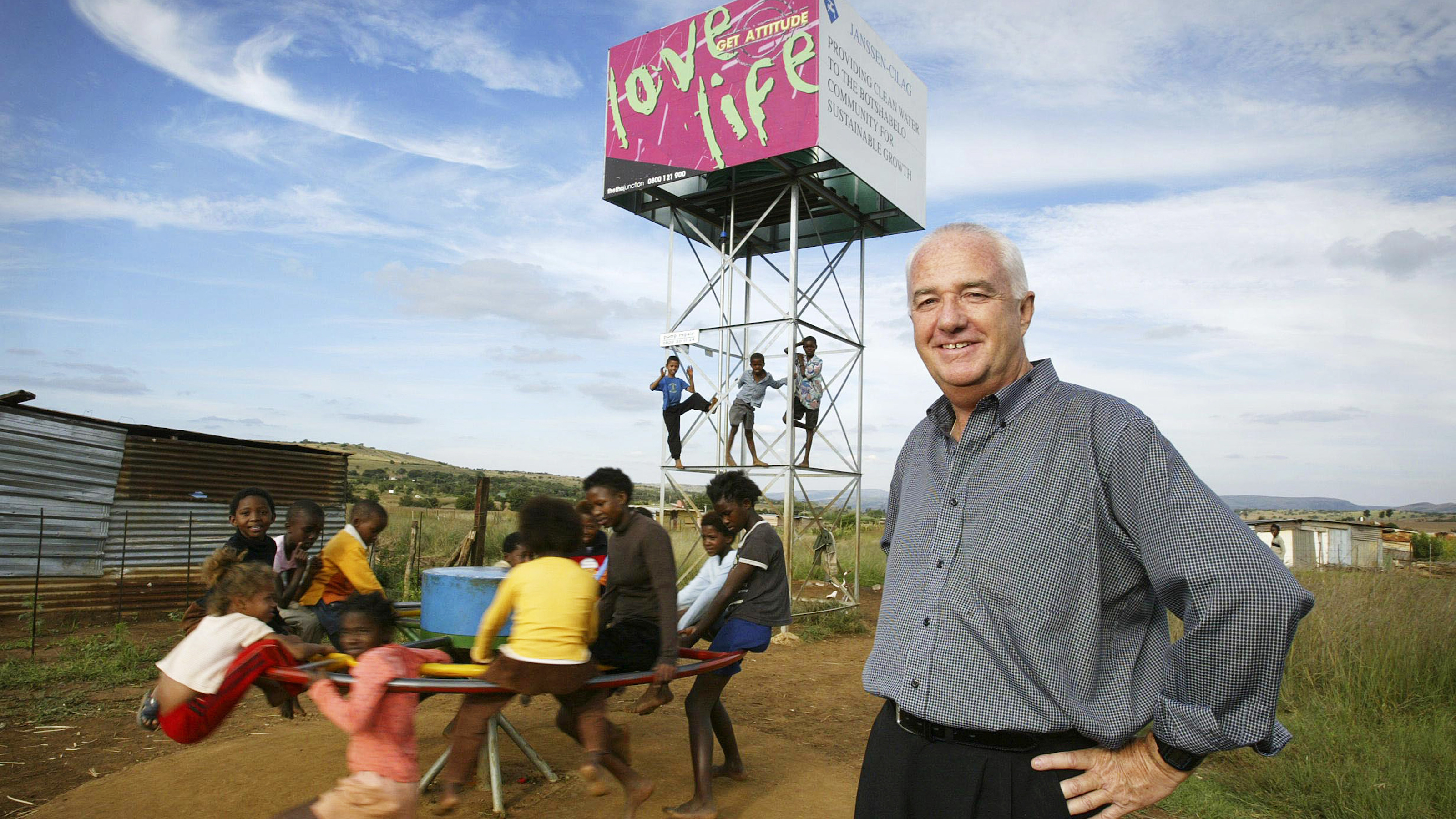sociology
Mass sociogenic illnesses can afflict thousands of people.
Worldwide, 15% of children are born out of wedlock, but the figure varies from less than 1% in places like China to 69% in Iceland.
Social media has made yelling past each other all the easier.
About 1 in 5 adults now say they have no religious affiliation, up from 1 in 50 in 1960.
Why marriage is thriving — and dying — in different American classes.
▸
6 min
—
with
Take a trip through these master-crafted fantasy societies and ask yourself: Could I actually live there?
Lonely humans will become infatuated with AI-fabricated personas.
Hint: They hold off on talking about their alien god until much later.
Would you want to live in any of these places?
How to separate the reality from the conspiracy theory.
“I am an anthropologist, and for years, I have spoken to people who have had these experiences.”
If you get married in South Africa, don’t be surprised if someone shows up to the ceremony dragging along a smelly goat.
A study out of Sweden shows that the highest earning men are slightly less intelligent than those just below them on the economic ladder.
Kids are fragile. They should trust their feelings. The world is a battle between good and evil. We should stop repeating these untruths.
Fear of being scammed can lead us to make decisions that go against our values and goals — both as individuals and as a society.
While cities drive national economic growth, their political geography means they cannot effectively deal with inequality, poverty, and other socioeconomic problems.
Some effective altruists “earn to give” — they make as much money as they can and then donate most of it to charities.
Lawmen and outlaws were often the same people.
Evil is easy to identify and fight against; not so with stupidity.
There is a strong case to be made that the China has moved too slowly to reverse the effects of its one-child policy.
It is estimated that as many as 488 million people worldwide were exposed to dangerously long working hours in 2016.
A new study of global love finds that Americans have some of the most loving relationships, while Chinese and Germans have some of the least.
Computerized, job-focused learning undercuts the true value of higher education. Liberal arts should be our model for the future.
When boredom creeps in, many of us turn to social media. But that may be preventing us from reaching a transformative level of boredom.
We might be dining on insect-based Christmas pies with robot-harvested algae on the side.
For college students, it’s the early afternoon.
Retired astronaut Ron Garan believes that before we can begin solving our problems, we must understand our interrelatedness through the “orbital perspective.”
We all see beauty the same way.
Wizbang innovations capture the public’s imagination, but thoughtful, incremental development is often more valuable to those in need.

